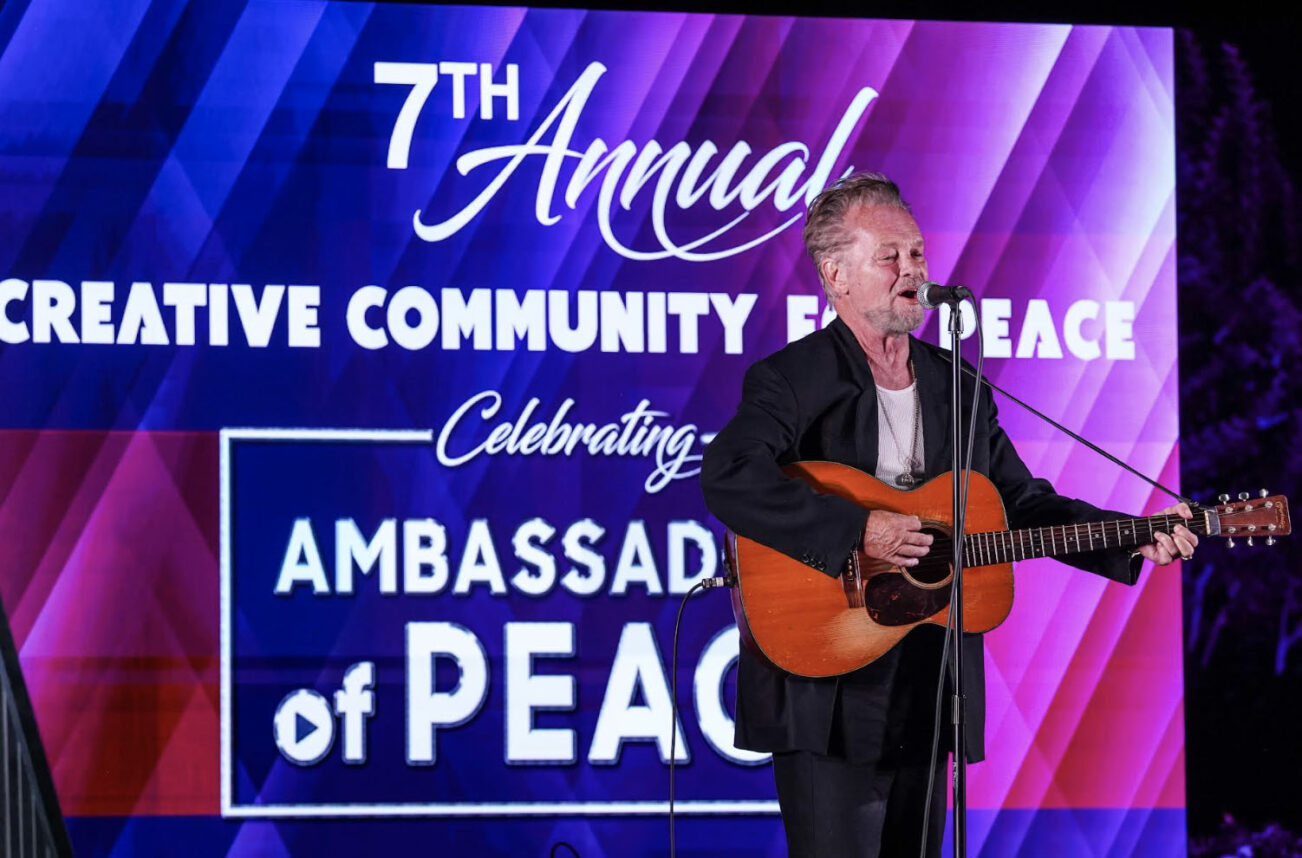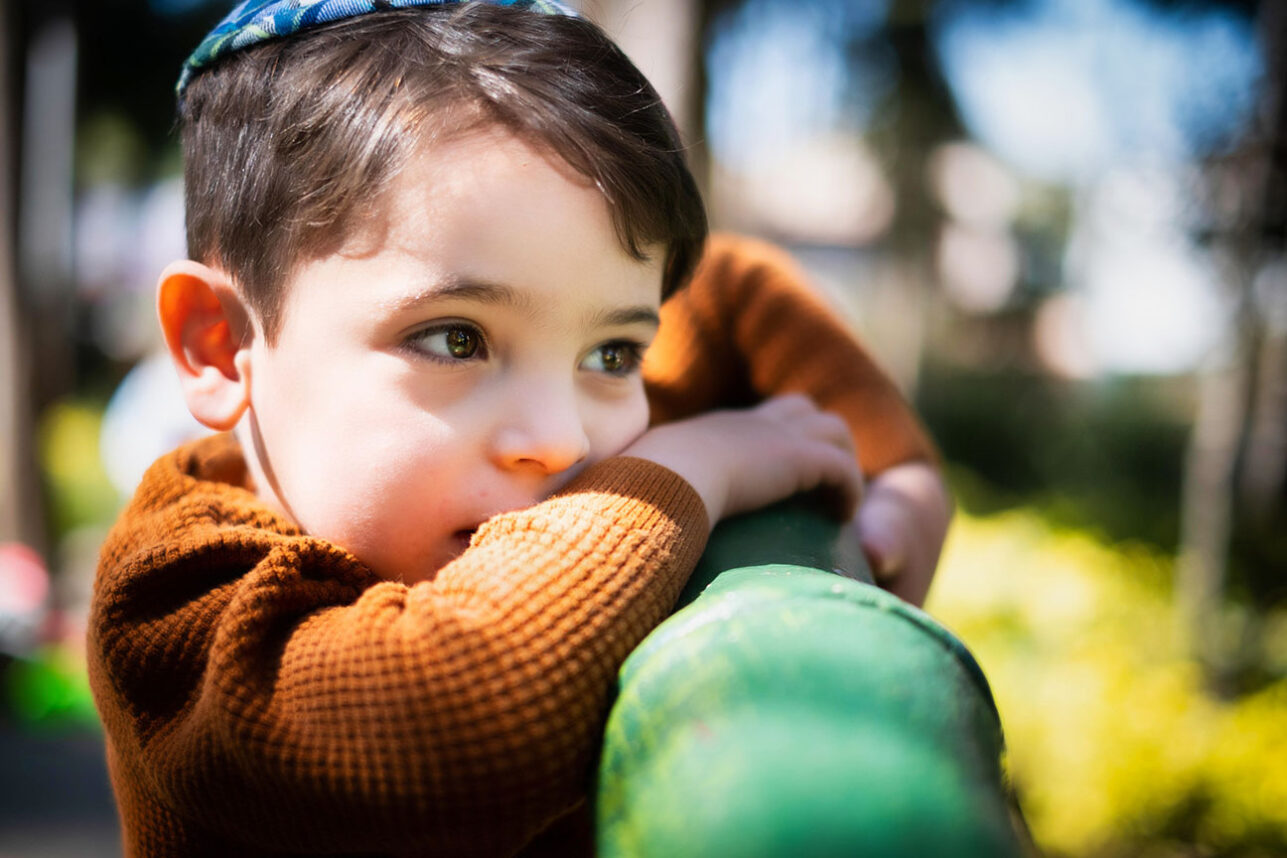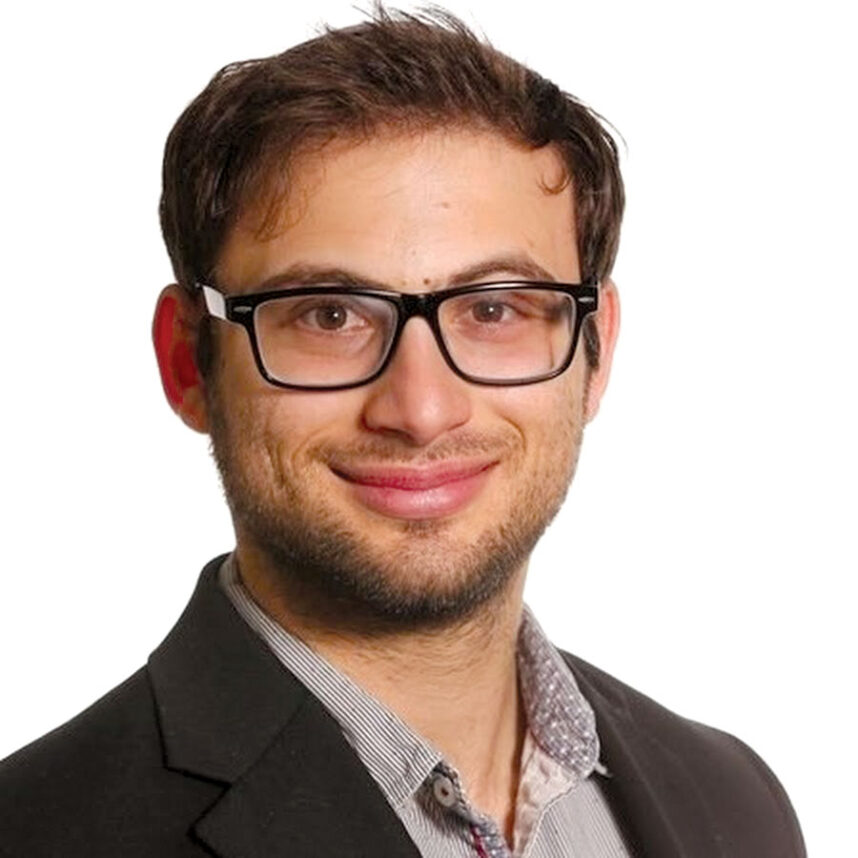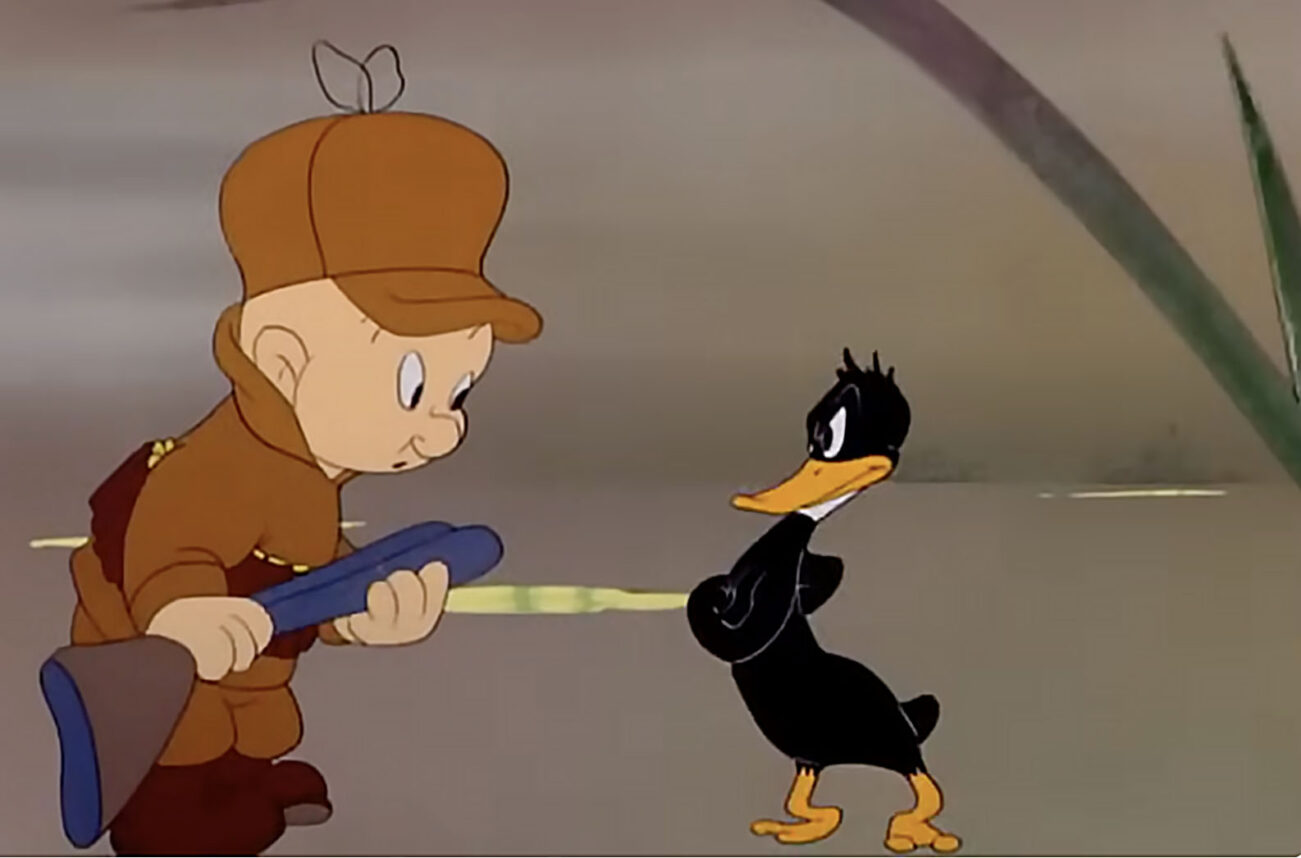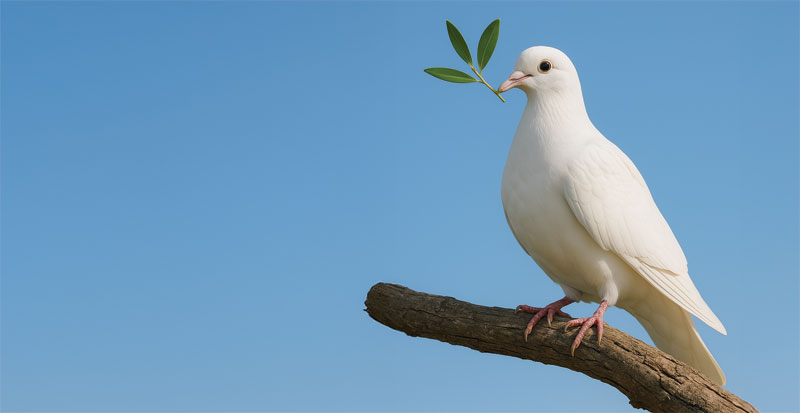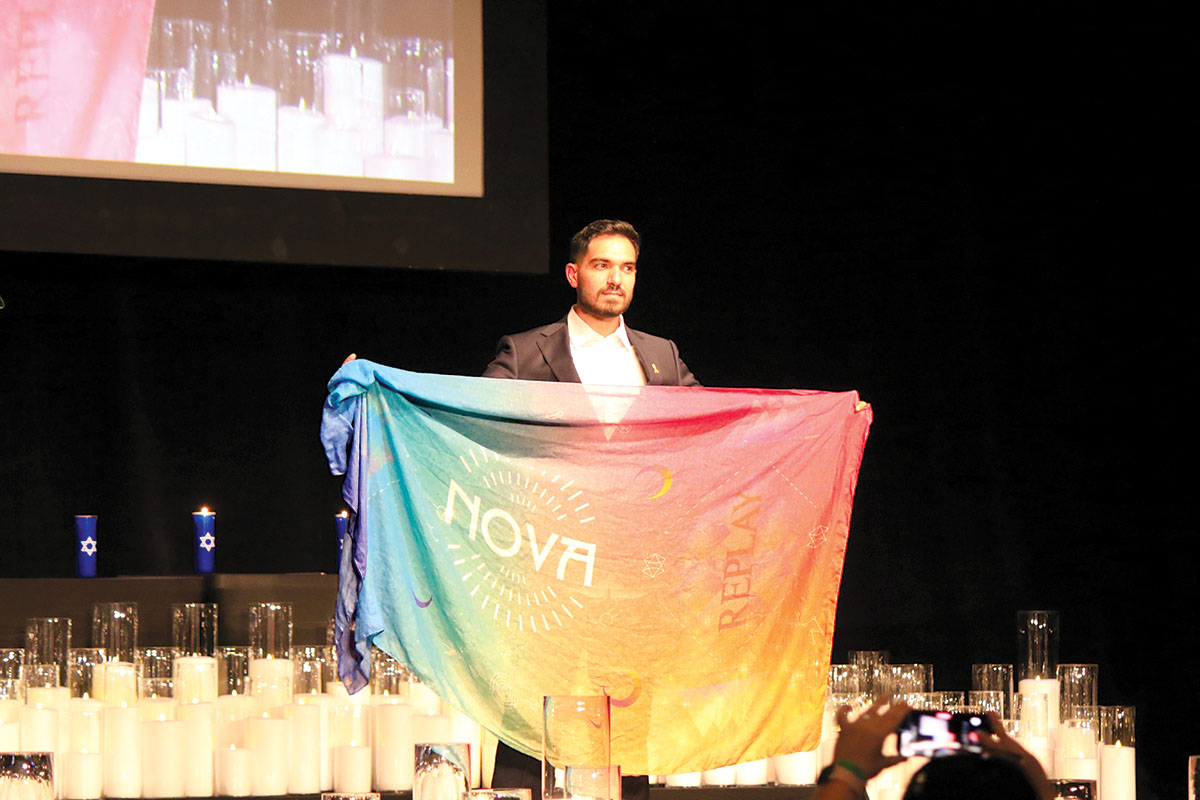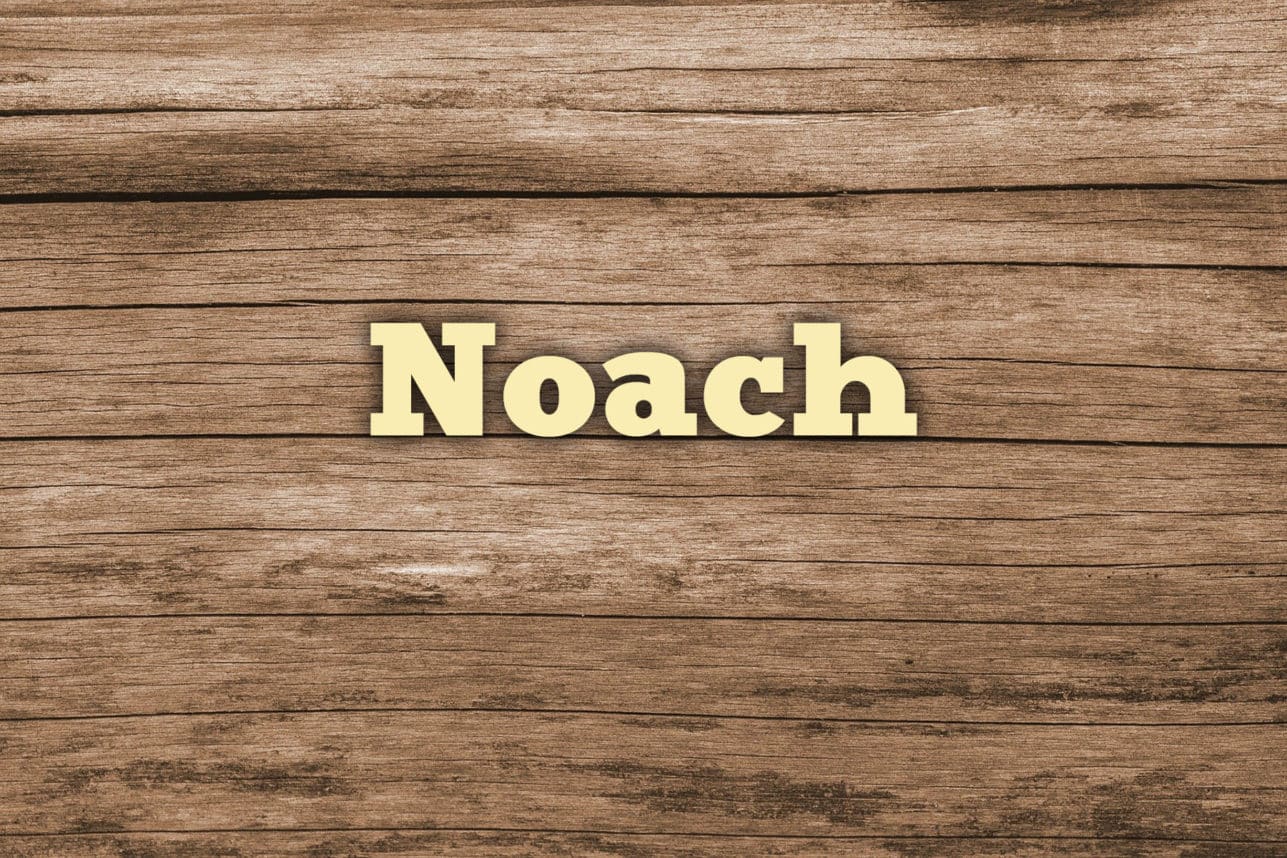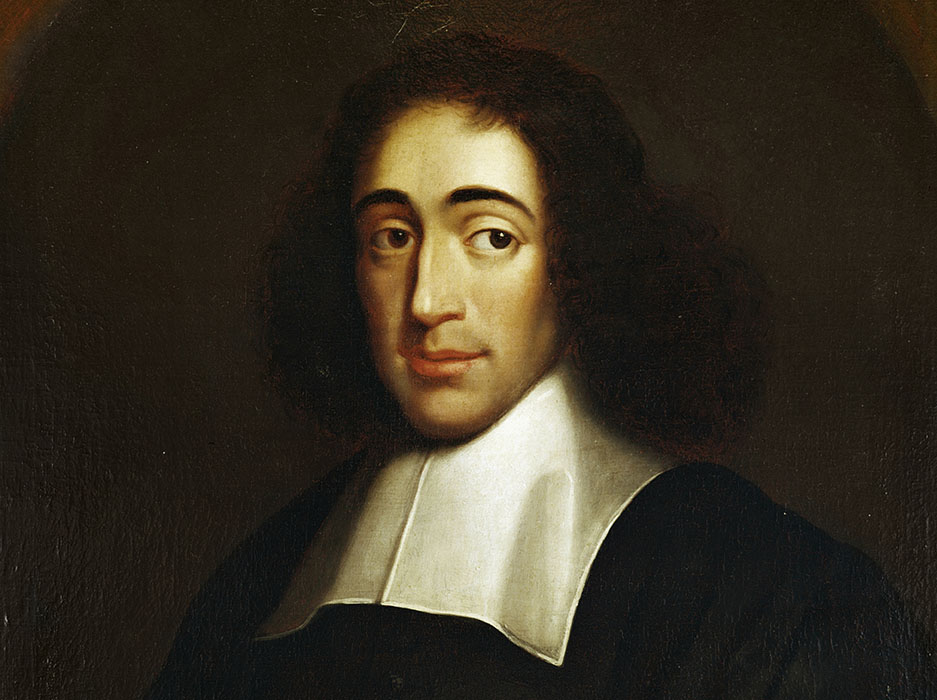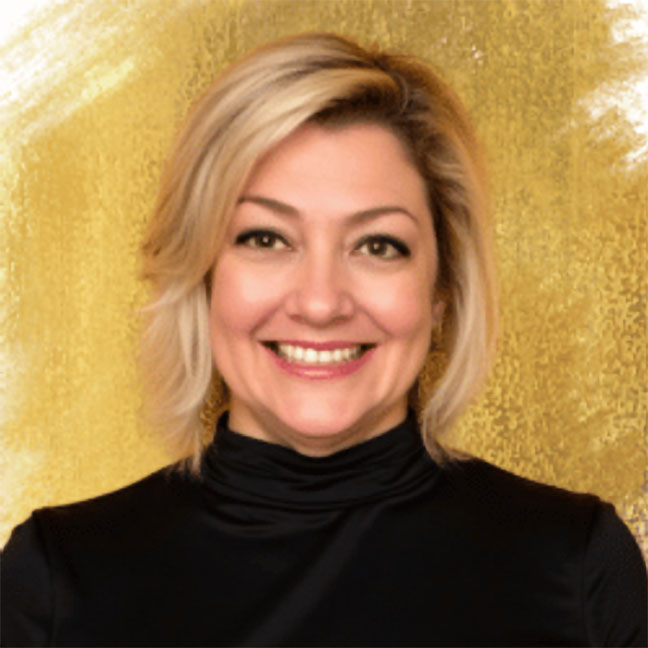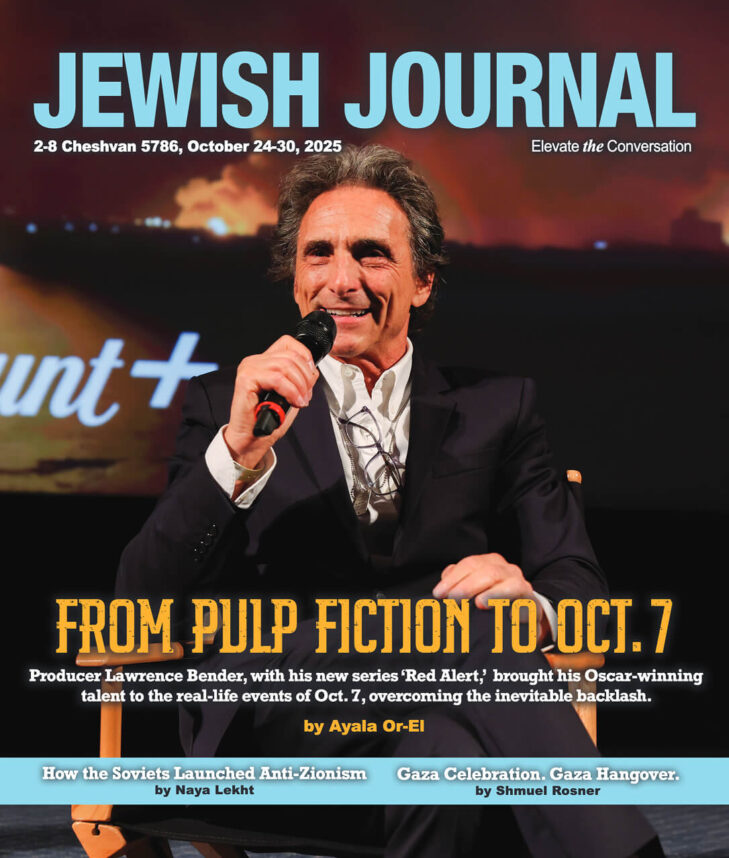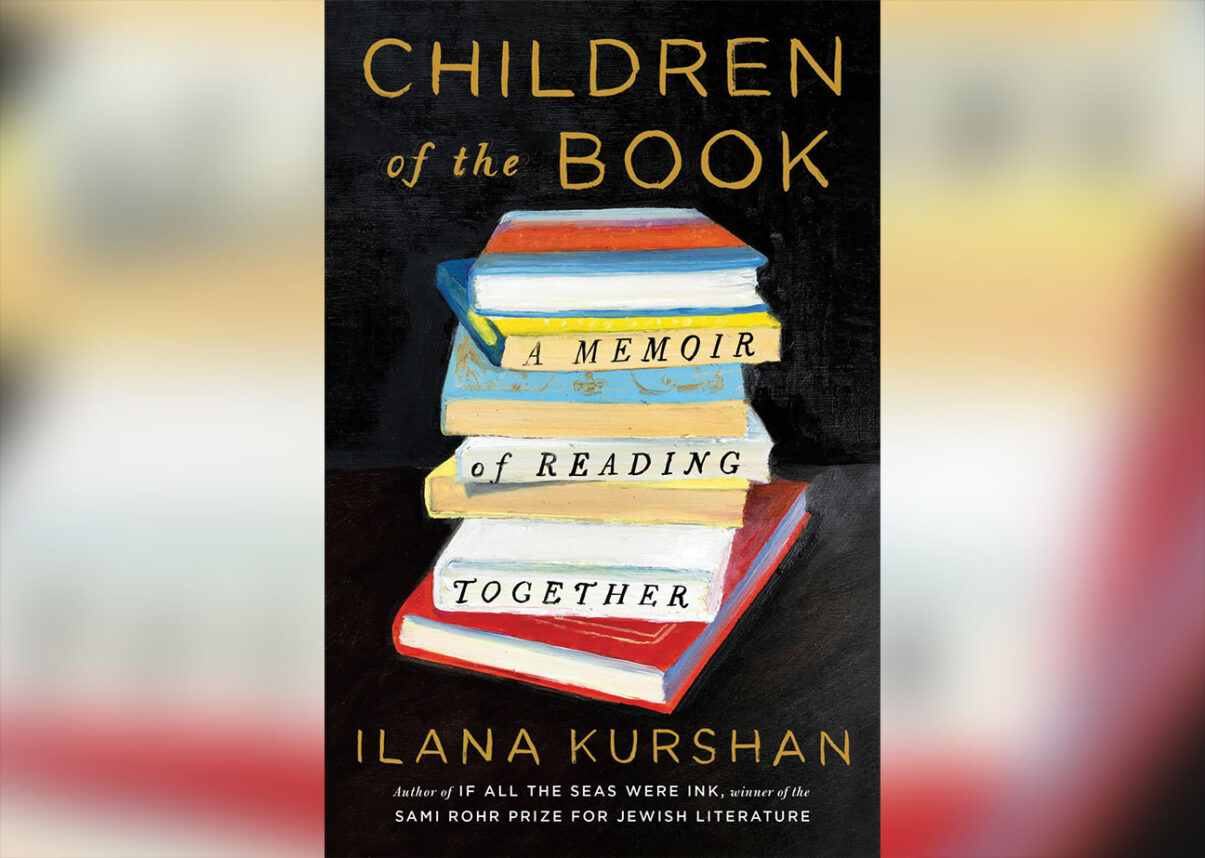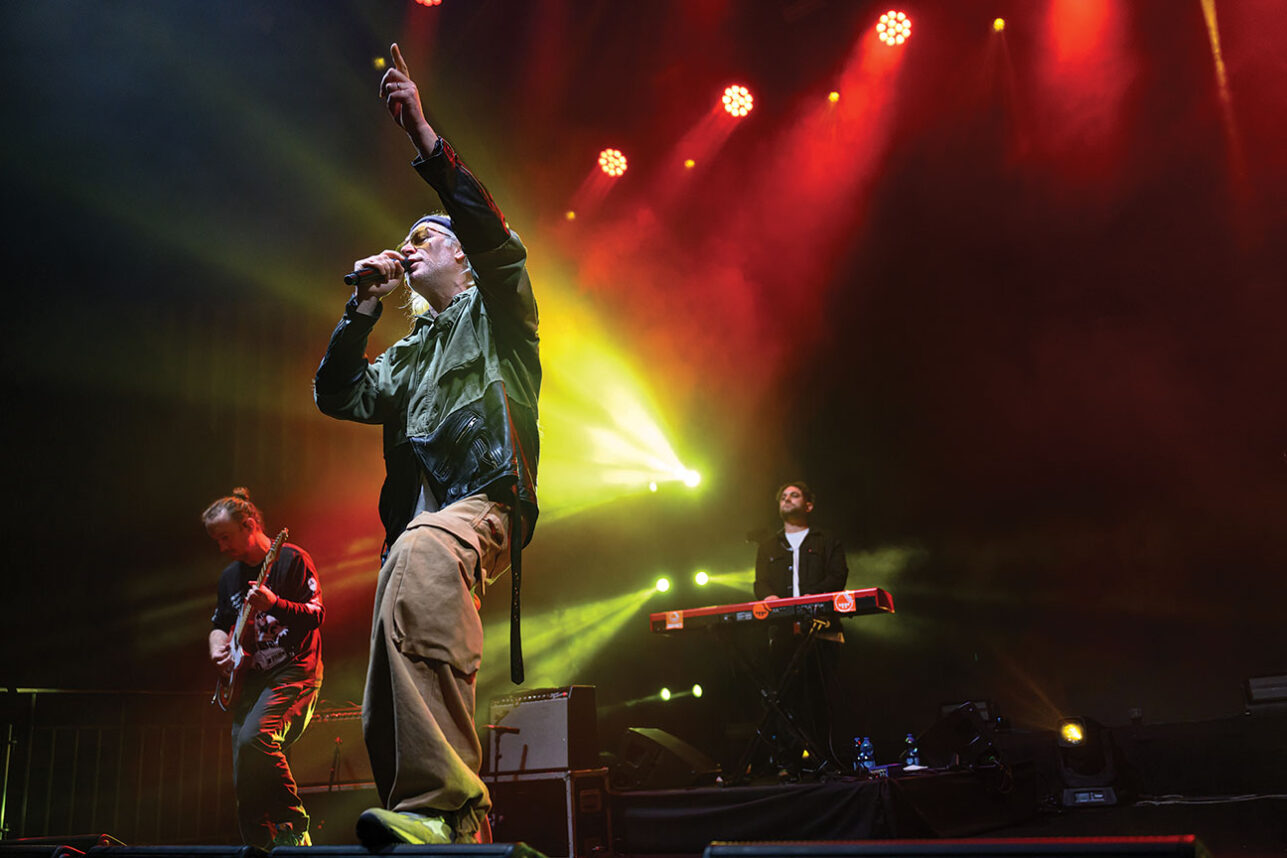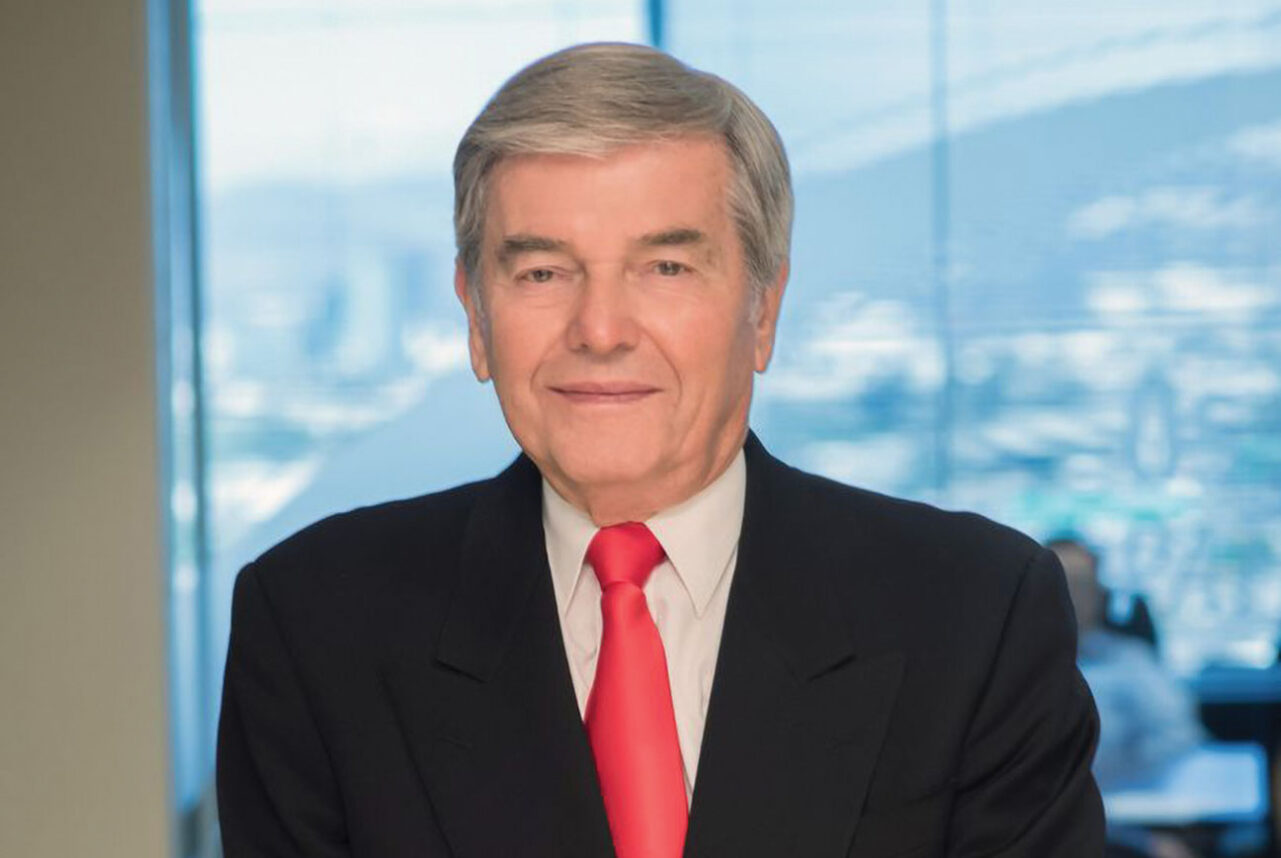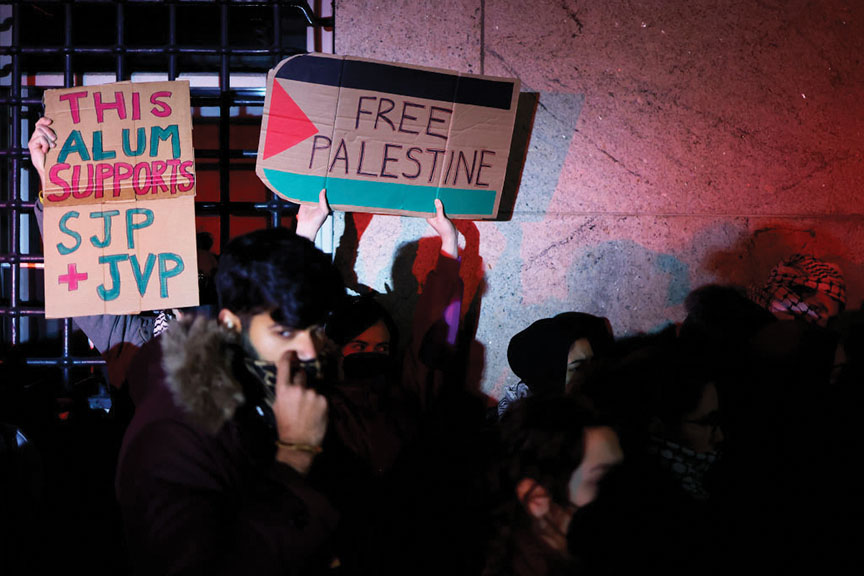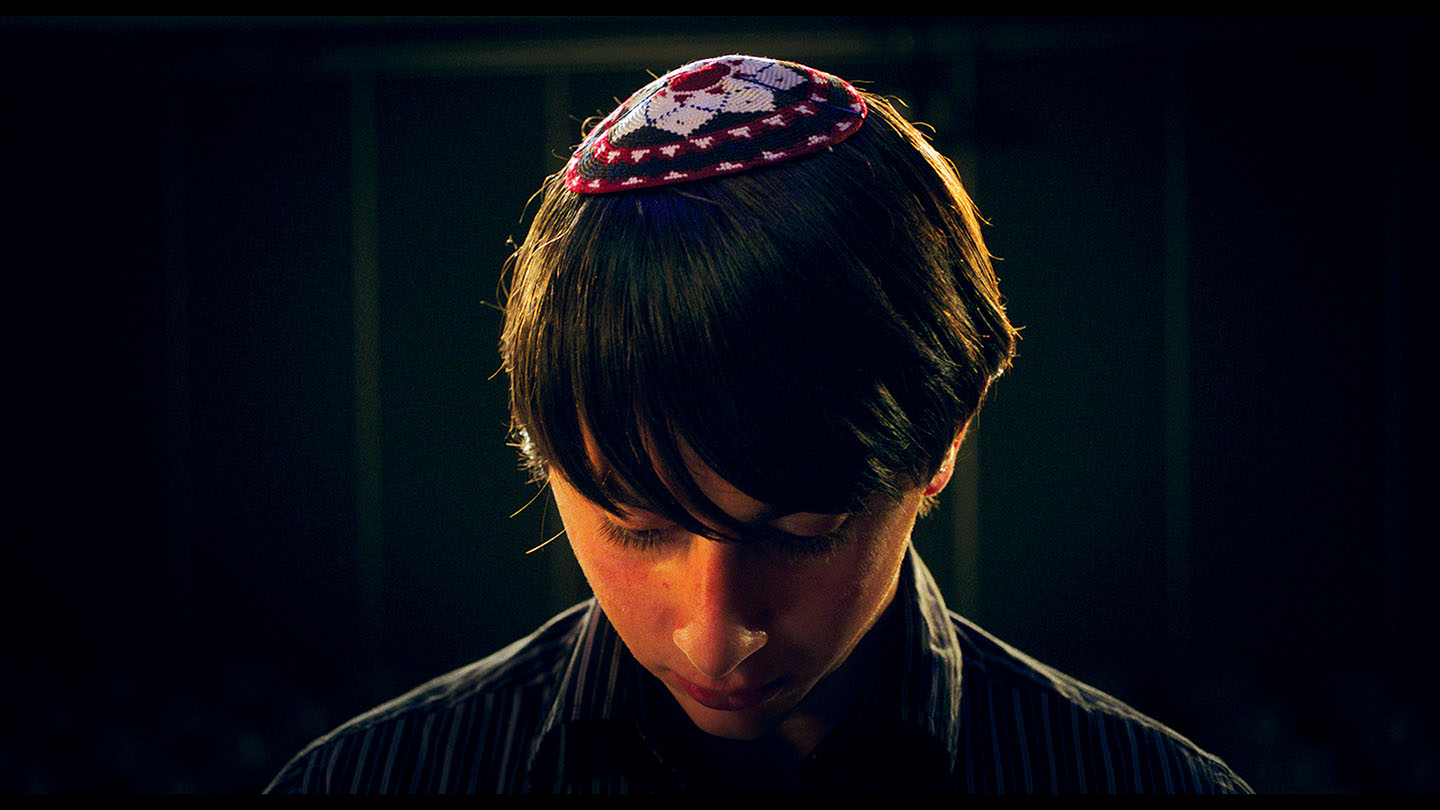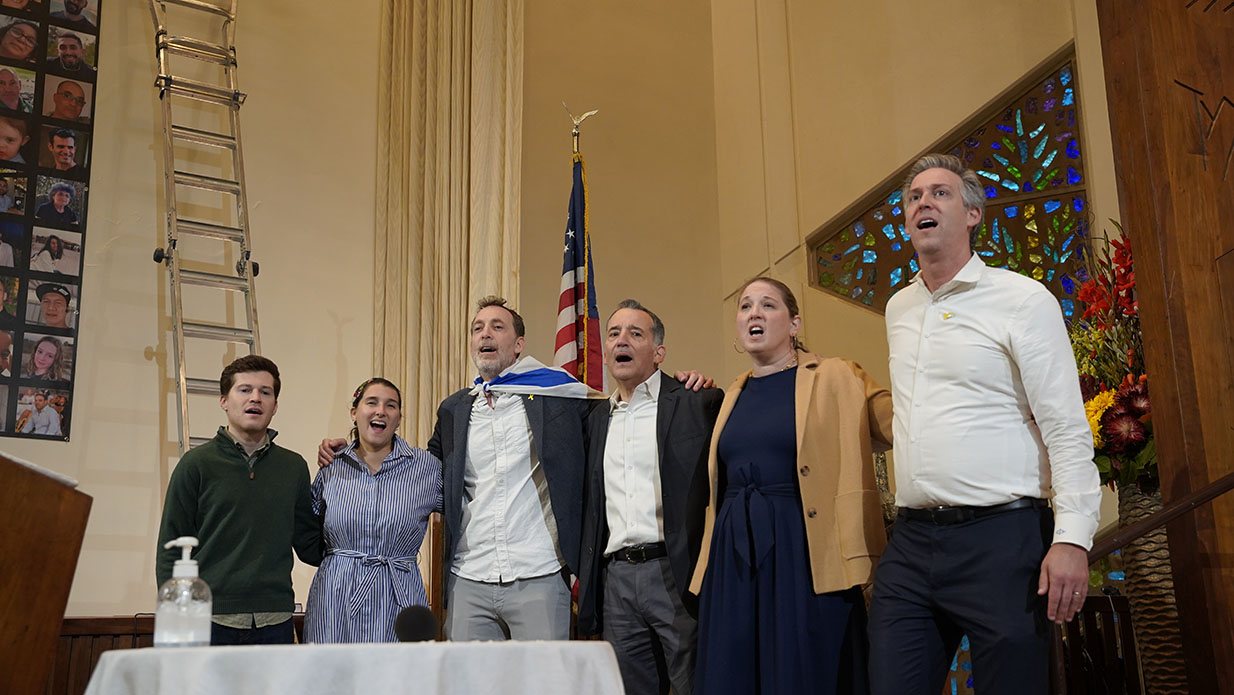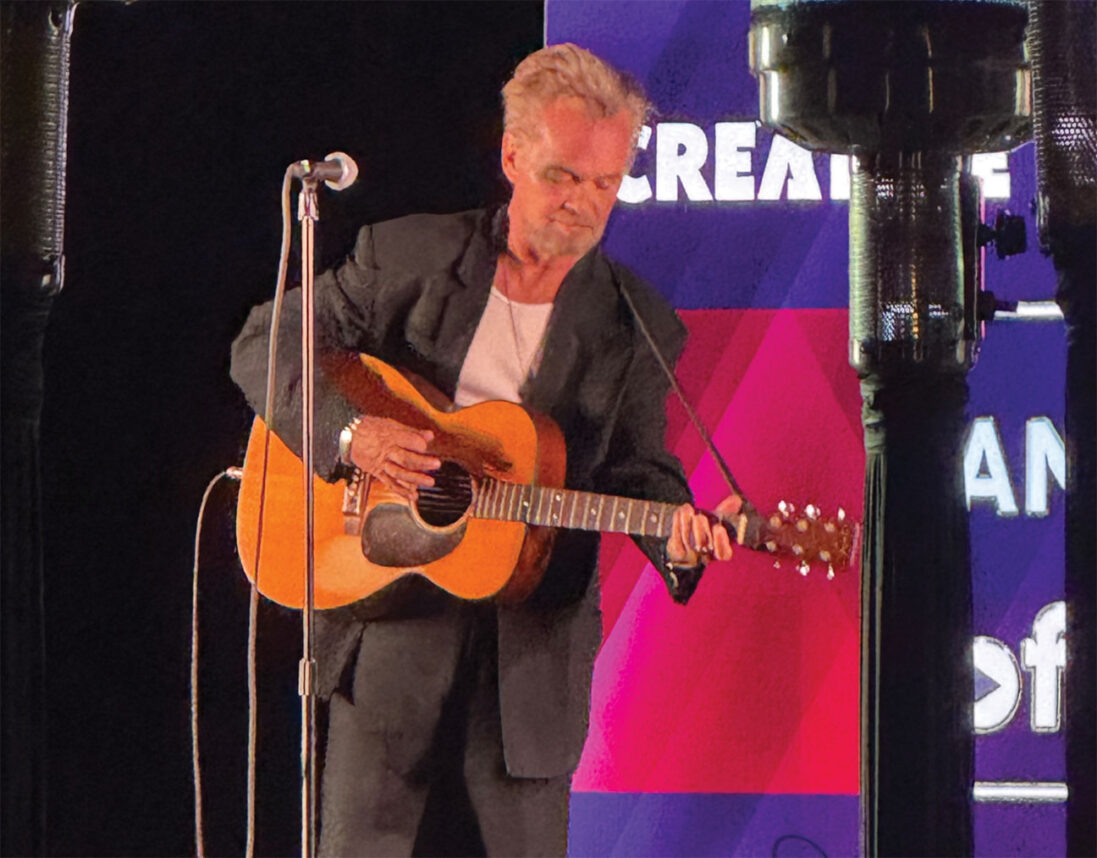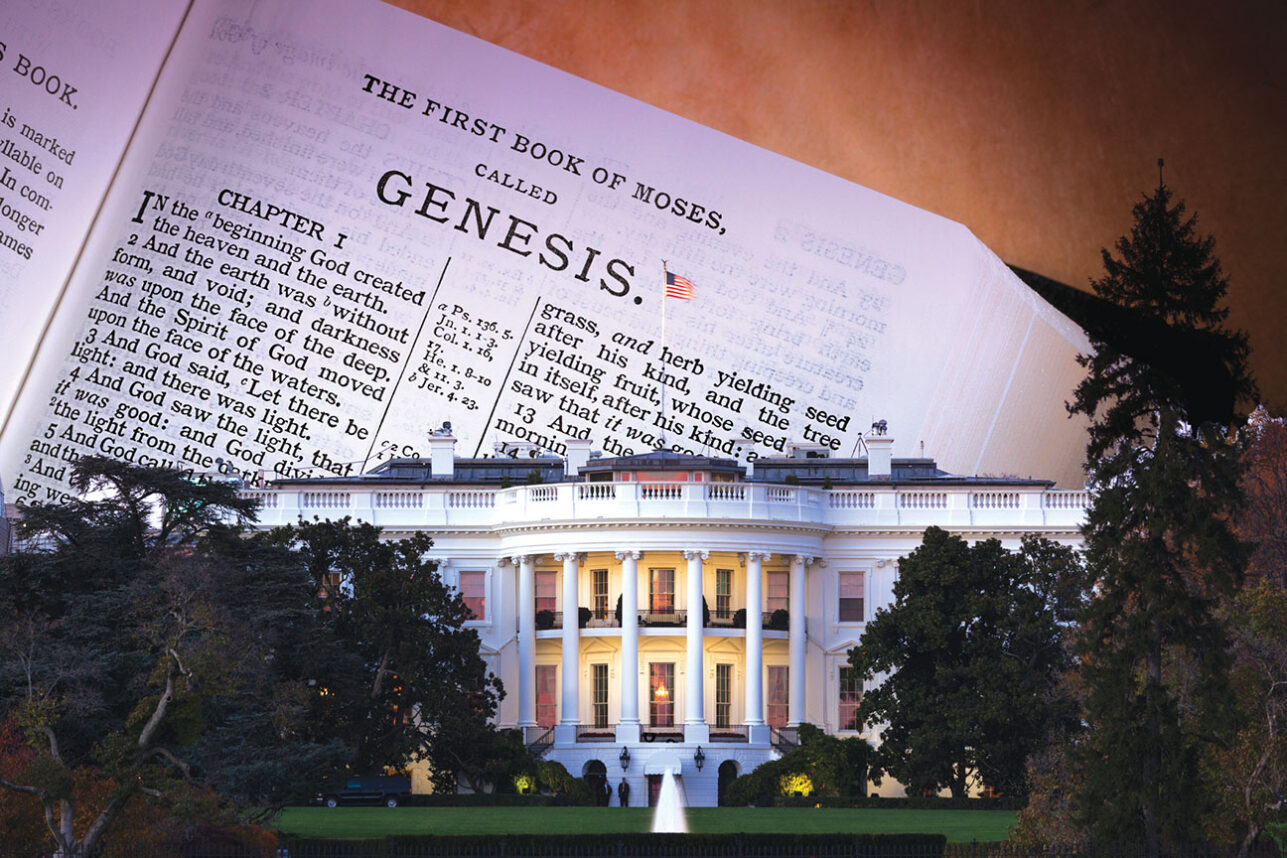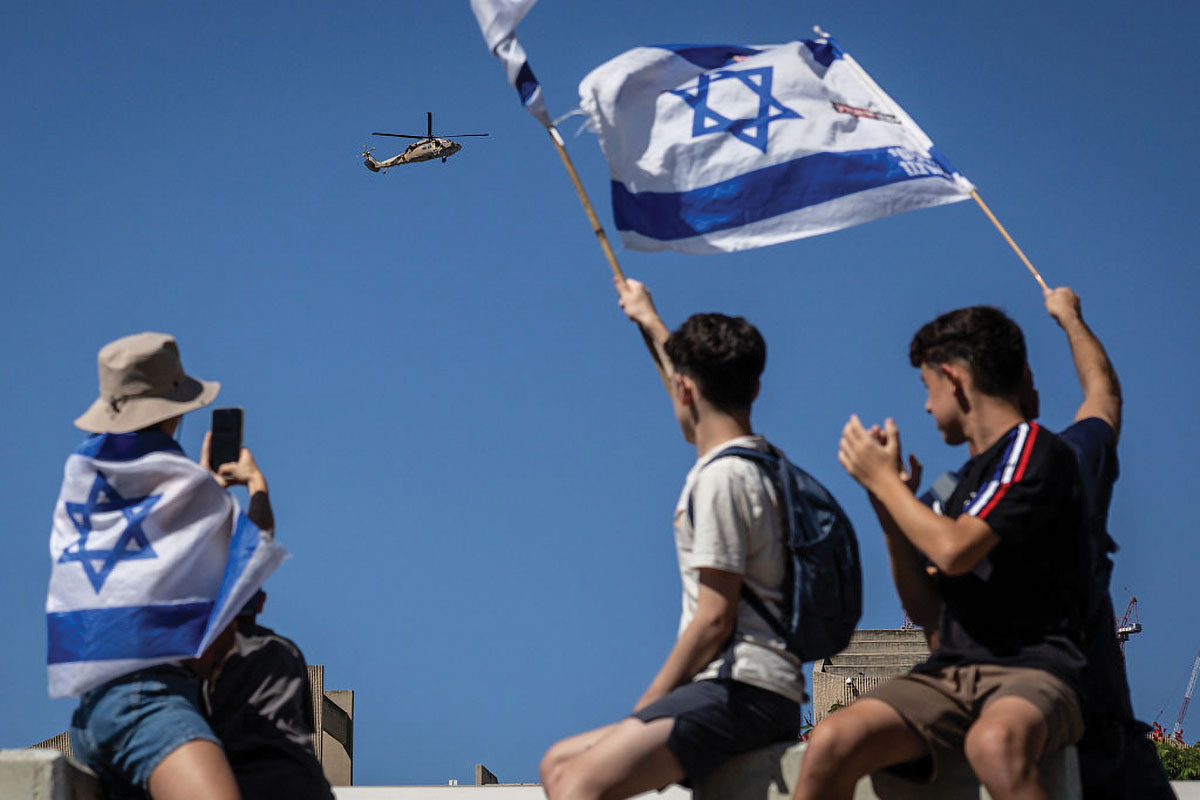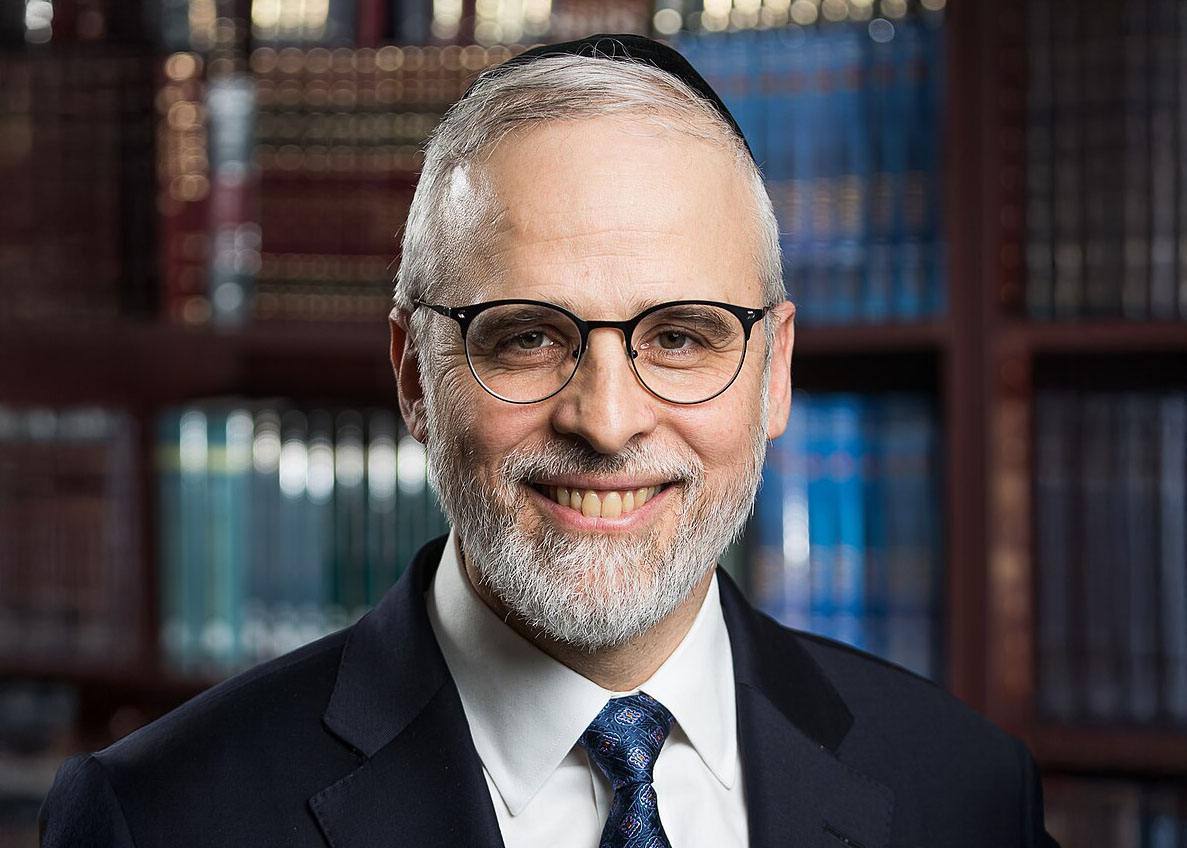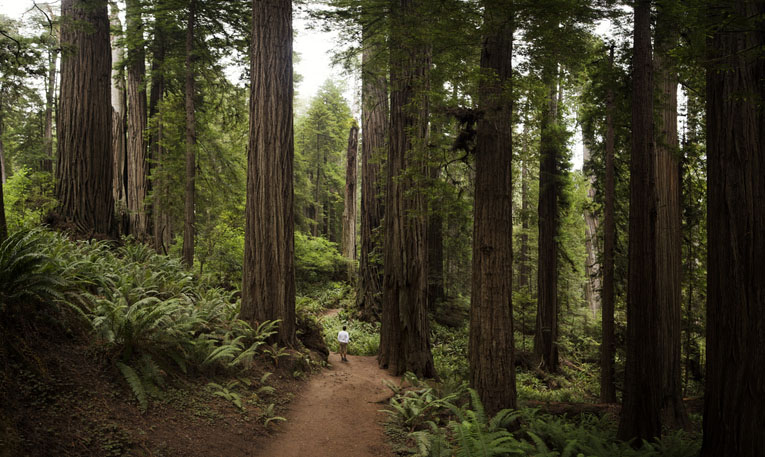
During a swing through California with the organization Combat Antisemitism Movement (CAM), Natan Sharansky addressed a private group of donors at a breakfast sponsored by the Jewish Community Foundation, the largest manager of charitable assets for Jewish philanthropists in Greater Los Angeles. Sharansky is chair of the CAM Advisory Board and held meetings in Southern California with Jewish communal leaders and grassroots activists ahead of CAM’s upcoming Mayors Summit Against Antisemitism in Beverly Hills on Dec. 11-13. More than 200 mayors are expected to attend the Mayors Summit to share best practices and discuss ways to counter antisemitism.
Sharansky is a modern-day hero, imprisoned for nine years in the Soviet Union for his activism on behalf of Soviet Jews trying to emigrate to Israel. He was finally freed in 1986 and reunited with his wife, Avital, in Israel, where he has lived ever since. Over the years he served in several capacities in the Israeli government, as well as the head of the Jewish Agency for Israel, promoting rights for new immigrants, religious minorities, and women. Sharansky’s most recent book is “Never Alone: Prison, Politics, and My People.”
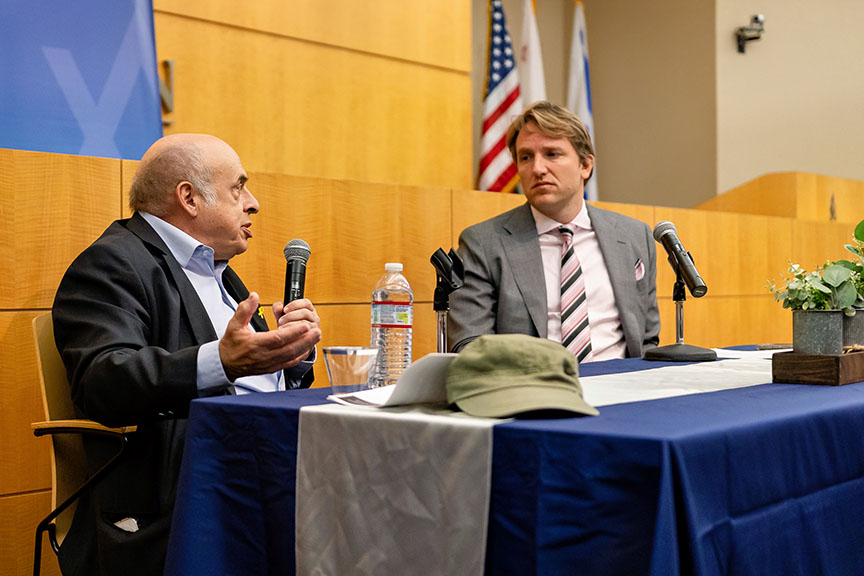
At the breakfast on Nov. 7, Sharansky answered questions by moderator Justin Jampol, founder and executive director of The Wende Museum in Culver City, whose collections and programs focus on the Cold War, and then from the audience. The following are edited highlights from his answers.
Q: How can Israel continue to heal from the war?
Natan Sharansky: Oct. 7 has changed our self-image. We know we can no longer appease our enemies. Yes, mistakes were made by the government and by the military, but we are in a much better place strategically than before. We finally know the real enemy is Iran and we are much less afraid.
Israel is such a small country, and we feel the tragedy of the hostages and the many, many losses of our soldiers. Every loss is deeply felt. But we also have a deeply idealistic young generation whose readiness to continue to fight despite their personal sacrifices is unbelievable. I believe the vast majority of soldiers agree that they must fight until Hamas is destroyed and oppose a ceasefire. I have encouraged soldiers sharing the same tanks to go into politics to expand and broaden our political coalitions. They become close, sharing a tank.
Q: What about the cultural and religious divisions in Israel?
NS: We are a Jewish democratic state. We cannot survive if we are not Jewish and we cannot survive if we are not democratic. Before Oct. 7, half the country wanted to steal the Jewish element from us and the other side wanted to steal the democratic element. Neither can be allowed to happen. But the grassroots feeling of togetherness is unparalleled.
Q: What about the draft conflict involving the Haredim?
NS: Many friends of my son-in-law have spent 250 days fighting, with wives and many children at home. They are all religious Zionists who have mutual interests with Haredim, who are mostly not serving. We cannot afford to support people who do not do their share.
Q: How destabilizing is the role of radicalized groups in the region?
NS: No doubt we now have two generations of Palestinians who have had radicalized education. We should have confronted this at the beginning and not the end, but we spent too much time on appeasement, such as with the Oslo accords, which were a disaster. In addition to Israel’s two stated war aims of getting the hostages back and destroying Hamas, I think there needs to be a third: deradicalizing Palestinian society.
Q: Thoughts on the recent presidential election and its effect on Israel?
NS: I read that more than 80% of Jews still voted Democrat even as it was clear that the party had gone so far to the left that they accepted the antisemitism in its ranks. Meanwhile, many other minority groups moved away from that party. For Israelis, our main question is our survival, and we believe the next administration will make it easier for us to do what we need to do to complete this war, including getting the munitions we need.
“For Israelis, our main question is our survival, and we believe the next administration will make it easier for us to do what we need to do to complete this war.”
Q: What about college campus antisemitism?
NS: I have spoken about this for more than 20 years and I believe this is where the main battle over antisemitism will be waged. In 2003 I visited several American campuses, including Harvard, Rutgers, and Brown. [At Rutgers, anti-Israel students protested his visit holding signs saying, “racist war criminals” and similar slogans, and one threw a pie in his face; at Brown there was a bomb threat at his appearance, which forced his talk into a much larger auditorium, which quickly filled with supportive listeners.] This was the first time I saw that Jewish students were afraid to speak out about Israel. They chose silence so they would not be punished by professors with bad grades. It was unbelievable. So many professors have come out for the liberation of Palestine, influencing students.
Some of the Jews I met on these campuses reminded me of Jews in the Soviet Union. We had nothing spiritually. If you were born with the disease known as being Jewish, you had to be the best academically or in other ways as the key to success. Our biggest desire was for others not to know we were Jewish. It was shallow and boring and still without freedom. Once we began reading through the underground that we had a history prior to the revolution, and about the Jewish family and Jewish teachings, it was eye-opening. Similarly I see that many American Jewish students don’t care about being Jewish, and they don’t want others to think they are responsible for what is happening in Israel. They need to prove they are progressive and anti-Israel.
This problem was ignored for too long, but now there is more pushback, and Jewish Federations in many cities are now involved in supporting Jewish students when facing hostile actions among the “progressive” groups spreading groupthink antisemitism. A few months ago, 500 Jewish students at Columbia University penned and signed a letter calling out the antisemitism of both students and the administration. [Sharansky’s essay about this, titled “The 500,” appears on Tablet.] Another good sign is that a federal court ruled against UCLA for not stopping antisemitic activity on campus. But beyond the campus, Jewish students first need to be educated at home about Jewish history. They don’t know our history of 2,000 years ago. They don’t know about Zionism or Hebrew.
Q: Do you agree that in the U.S. our biggest divisions are not left-right but liberal-progressive?
NS: From my experience, progressives are the closest to communists. They oppress speech, they are against human rights and freedom, they judge people not by ability but by sexuality and race. They don’t believe in democracy. And they always accuse Israel of being an “oppressor” state. If you replace the word “class” with CRT, you have communism word for word.
“There is a huge attempt to separate Zionism from Judaism. We have to show the world the danger of this effort, not just for us, but for them.”
I was born in Ukraine, which had no voice in the Soviet Union. The Soviet Union also erased evidence of the Holocaust from Ukraine. I lived two miles from Babi Yar, where 70,000 Jews were murdered and thrown into a pit. Ukraine restored that place as a historical site. Today, levels of antisemitism in Ukraine are almost nonexistent. Of course, if you are looking for the place where they didn’t kill us, you have to look on another planet. While Putin isn’t antisemitic, per se, he is obsessed with restoring the Russian empire and chooses allies who can help, such as Iran. He wants to be Peter the Great. It will be very dangerous if he wins over Ukraine, so we have to support Ukraine to win this war. Putin is giving more and more weapons to Iran. The axis of evil is very clear. In Israel we are now beginning to correct the strategic mistake of not supporting Ukraine more initially.
Q: How can people help Israel the most?
NS: There is a huge attempt to separate Zionism from Judaism. We have to show the world the danger of this effort, not just for us, but for them. We have to educate young Jews about their Jewishness. Mobilize the free world to understand the danger of the new antisemitism.
“There is a huge attempt to separate Zionism from Judaism. We have to show the world the danger of this effort, not just for us, but for them.”
Q: What gives you hope?
NS: The moment you feel yourself deeply connected you are never alone. In all my years of imprisonment I never felt alone [because I knew I was a Jew]. I am more optimistic about the Jewish future than I am for the American future.
Judy Gruen is the author of “Bylines and Blessings,” “The Skeptic and the Rabbi,” and several other books. She is also a book editor and writing coach.









